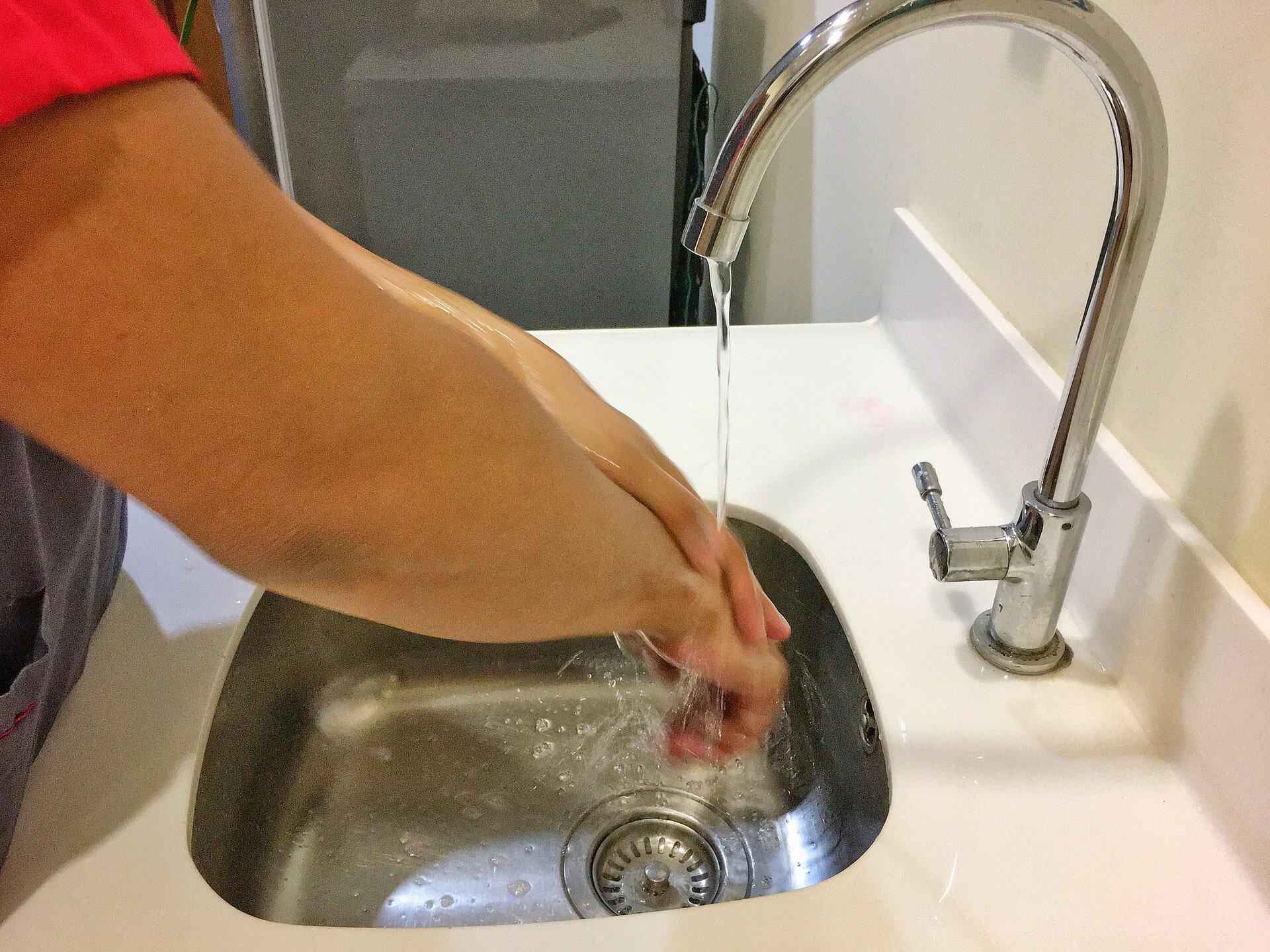Dealing with low water pressure can be a real inconvenience! Sure, maybe it’s not as serious as a clogged toilet or a leaky sink. In fact, if you’ve dealt with low water pressure from a certain plumbing appliance in your home for a long period of time, you might be used to it by now.
But just because low water pressure is the type of problem you’ve trained yourself to tolerate, that doesn’t mean that it’s normal — it could be indicative of a bigger problem, such as a leaky pipe, or it could be easily fixed with a few simple steps that could up-level your comfort and convenience in your own home.
So, what causes low water pressure? And what can you do to address it?
Low water pressure could be caused by several different factors, so it sometimes takes a little bit of detective work to determine what the specific cause of the problem is.
Start by paying attention to which fixtures in your home have low water pressure and when they tend to have it. You might notice low water pressure from your shower, bathtub, washing machine, or even your outdoor hose. Additionally, you might have low water pressure from that fixture only occasionally, or you might have low water pressure from that fixture all the time. You should also pay attention to whether the water pressure is different based on whether you’re using hot water or cold water.
Here are some problems you might find:
You could have too many plumbing fixtures running at the same time.
This one’s the most common and the easiest to fix. Have you ever had your shower interrupted because somebody elsewhere in the house flushed a toilet, thus lowering your water pressure? Or you put a load of laundry in the washing machine, turn on the cycle, and go to wash the dishes, only to find that low-pressure water is coming out of the sink?
This is because your water supply can only provide so much water to your appliances at any given time. Simply avoid running too many appliances at the same time, and you’ll find that your water pressure should consistently stay normal.
The water shutoff valve could be closed.
You just had a plumber out to your home to solve a plumbing repair, and ever since then, all the water pressure from the fixtures in your home has been low. What gives? You probably have a shutoff valve that isn’t open all the way. The shutoff valve is what controls all the water that flows in your home, and a plumber will close it when doing repairs to avoid the problem of flooding in case something goes wrong. When the plumber opened the valve back up, they might have opened it up only partially, which will reduce your water system’s full pressure. To solve the problem, all you have to do is open the shutoff valve all the way.
Your pipes could be clogged or leaking.
Do you have a fixture that consistently has low water pressure? Or maybe its water pressure has gotten consistently worse and worse throughout the years? It could be that you have a clog in one of your pipes caused by a buildup of mineral deposits, such as limestone or rust, which builds up over time. This often happens with older, outdated fixtures and pipes. One sign to look out for is water that flows normally when you first turn your fixture on, then ultimately slows a few minutes later. Another problem you could have is a leak in one of the pipes supplying water to your fixture. In these situations of clogs or leaks, you will need to hire a plumber to clean, repair, or potentially replace your system of piping.
You could have a faulty pressure regulator.
Every home has a pressure regulator valve, a bell-shaped device that controls the water flow to all your fixtures. Often, these regulators will have a set pressure that’s determined by the manufacturer, but you might choose to increase or decrease the pressure depending on your personal wants. Simply ask a plumber to adjust the pressure regulator by turning a screw to tighten the regulator’s screen to increase water flow or loosening the screen to decrease it.
Water supplier could be experiencing a problem.
An unlikely but still possible explanation for low water pressure is that your area’s water supplier could be experiencing a problem that is affecting all customers. If you notice your water pressure suddenly changes, and it’s affecting every fixture in your home, check with your neighbors to see whether they’re having the same problem. There’s a chance that it can be traced back to your water supplier, in which case you’ll need to wait for them to resolve the issue.

